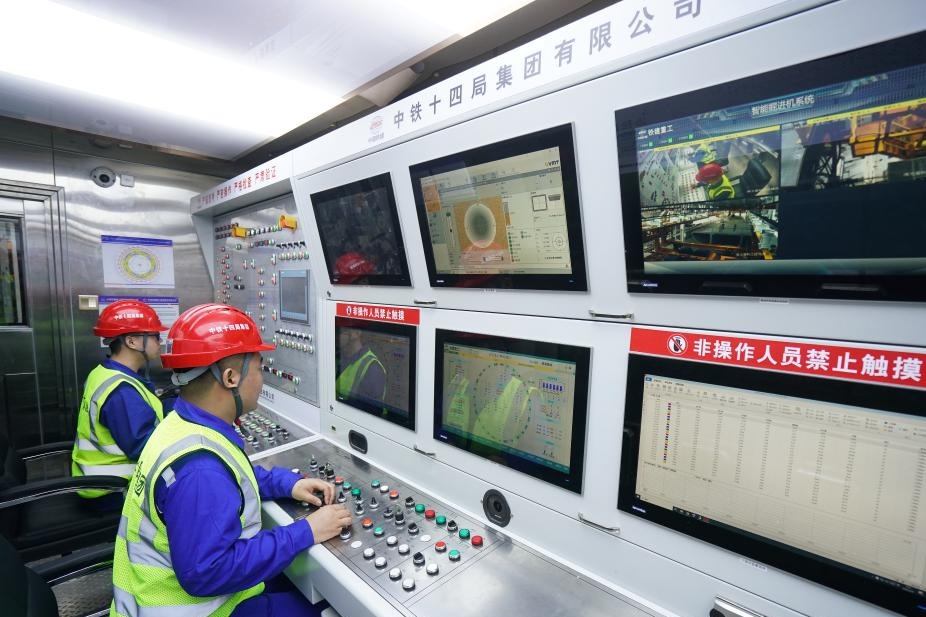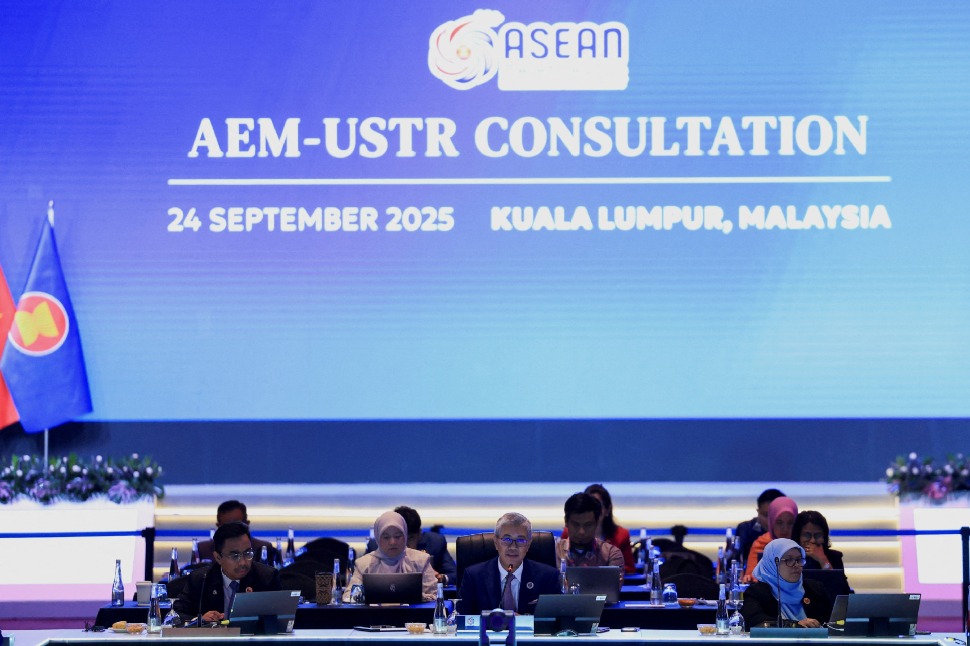ASEAN vows further regional integration
Ministers commit to open markets, stronger supply chains as tariffs bite

Economy ministers of the Association of Southeast Asian Nations concluded a four-day meeting in Kuala Lumpur on Friday with pledges to deepen regional integration, expand trade partnerships, and uphold open and free trade in the face of rising global protectionism.
The 57th ASEAN Economic Ministers' Meeting marked the first time the region's top trade officials had gathered since the United States imposed punitive tariffs on Aug 7 against trading partners, including ASEAN members.
The export-reliant bloc, which includes the US as a key market, is expected to be significantly affected by the tariffs. Since Aug 7, US imports from Indonesia, Malaysia, Cambodia, the Philippines and Thailand have faced tariffs of 19 percent, while shipments from Vietnam are subject to a 20 percent duty. Brunei faces a 25 percent tariff, while Laos and Myanmar face 40 percent, and Singapore faces 10 percent.
In a joint statement, the ministers said that regional growth, which expanded by 4.8 percent last year, is projected to slow to 4.2 percent this year, "reflecting the adverse impact and uncertainty arising from the global tariff landscape".
Meanwhile, US President Donald Trump said on Monday he would impose a 100 percent tariff on all foreign-made movies, signaling the administration's willingness to extend protectionist trade policies into the cultural industries.
Malaysian Minister of Investment, Trade and Industry Zafrul Abdul Aziz, who chairs this year's ASEAN Economic Ministers' Meeting, said the bloc will continue to support the rules-based multilateral trading system aligned with World Trade Organization principles.
Despite unilateral US moves, "we continue to support multilateralism and continue to diversify, strengthen our companies", he said.
Awang Azman Awang Pawi, a professor at the Academy of Malay Studies at the University of Malaya, said the ministerial meeting was "extremely important", calling it the bloc's "first collective response "since the US tariffs took effect.
The ministers' concern over unilateral trade measures amounts to a "direct critique of the global tariff environment", he said, adding the meeting served as a coordinated policy response to growing trade fragmentation.
Sharon Seah, a senior fellow at the ISEAS-Yusof Ishak Institute in Singapore, said the ministers' statement implied "a renewed sense of urgency" among ASEAN members to counter the rise of global protectionism.
Rules-based order
While countries will continue to engage the US on a bilateral rather than regional basis, Seah said ASEAN had reiterated its commitment to maintaining an open, multilateral, rules-based trading order.
During the meeting, the region's trade chiefs held talks with dialogue partners, including China, India and the US, and worked to accelerate the upgrade of strategic free trade pacts.
They also explored new, mutually beneficial trade partnerships. They agreed to expedite discussions on launching the accession process for economies such as Hong Kong, Sri Lanka and Chile, which are seeking to join the ASEAN-initiated Regional Comprehensive Economic Partnership — the world's largest free trade agreement.
James Chin, a professor of Asian Studies at the University of Tasmania in Australia, said regional integration has always been central to ASEAN's agenda. "That's what RCEP is all about, anyway to integrate them," he said.
Josua Pardede, chief economist of Permata Bank in Jakarta, said the planned upgrade of the ASEAN Trade in Goods Agreement next month is the bloc's "near-term shock absorber", as it goes beyond tariff reductions to address nontariff barriers, enhance transparency, strengthen dispute resolution mechanisms and improve supply chain connectivity.
A broader RCEP membership could also serve as "an immediate diversification valve" for ASEAN exporters, Pardede said. Expanding RCEP would extend tariff preferences and rules of origin to more markets, enlarge the pool of intermediate suppliers, and reduce ASEAN's tariff exposure to any single destination, such as the US, he said.
Despite the challenges posed by US tariffs, Awang Azman highlighted ASEAN members' engagement with the US, as shown by the meeting between economy ministers and US Trade Representative Jamieson Greer last week.
"While acknowledging strong trade and FDI (foreign direct investment) ties with the US, the ASEAN side reiterated its focus on resilient supply chains and constructive engagement, signaling that ASEAN is not abandoning dialogue but instead diversifying partnerships and hedging risks," he said.
Leonardus Jegho in Jakarta and Reuters contributed to this story.
prime@chinadailyapac.com

































